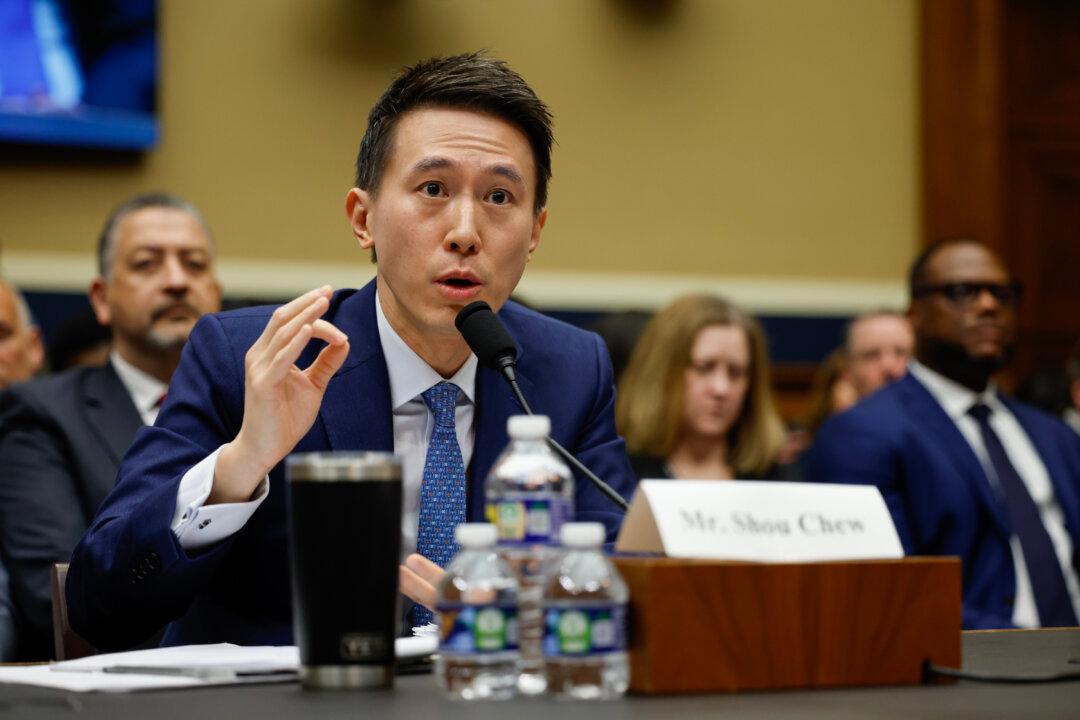The ban on the Chinese video sharing app Tiktok might face hurdles as top officials are on the platform, says cybersecurity expert Rex Lee.
The Chinese app has been in the headlines recently, especially after the testimony from Singapore-based TikTok CEO Chew Shou Zi before members of the House Energy and Commerce Committee in late March.





